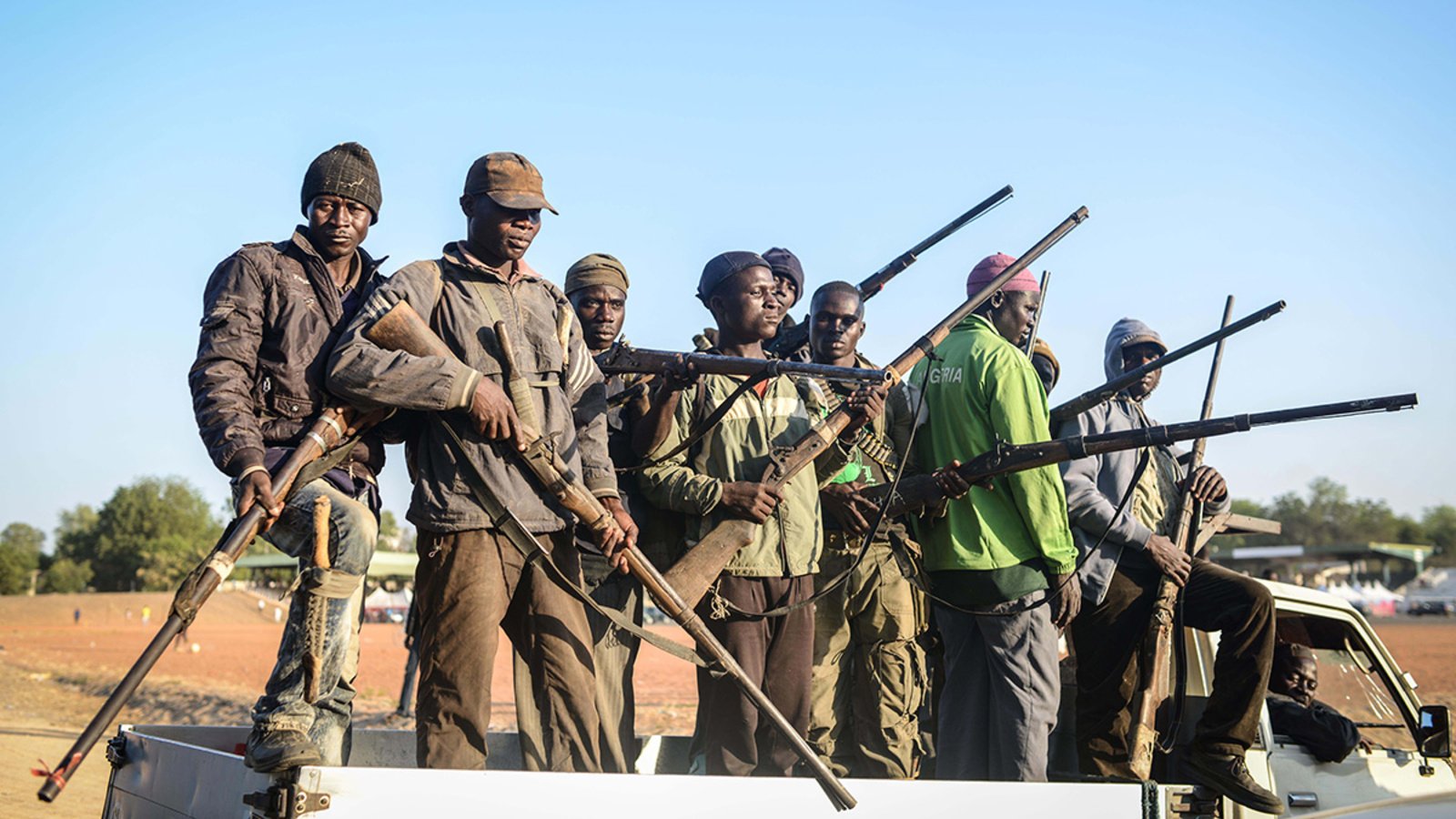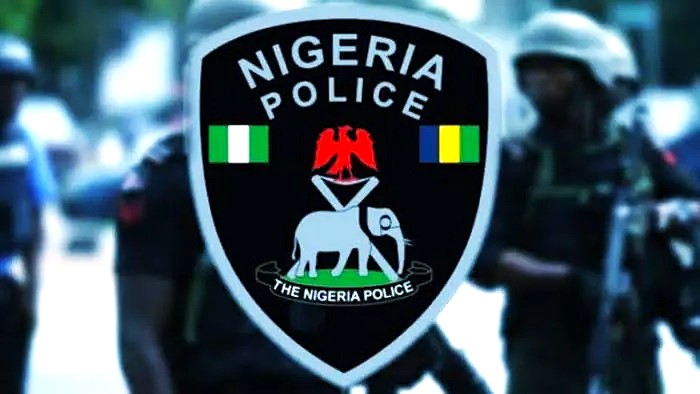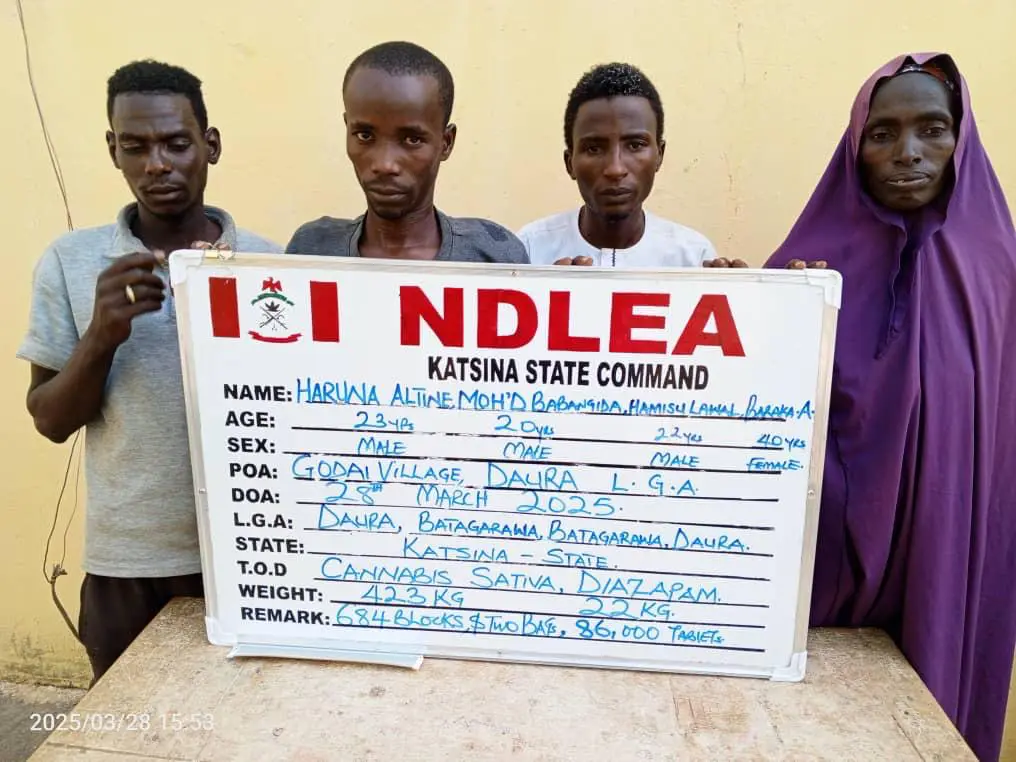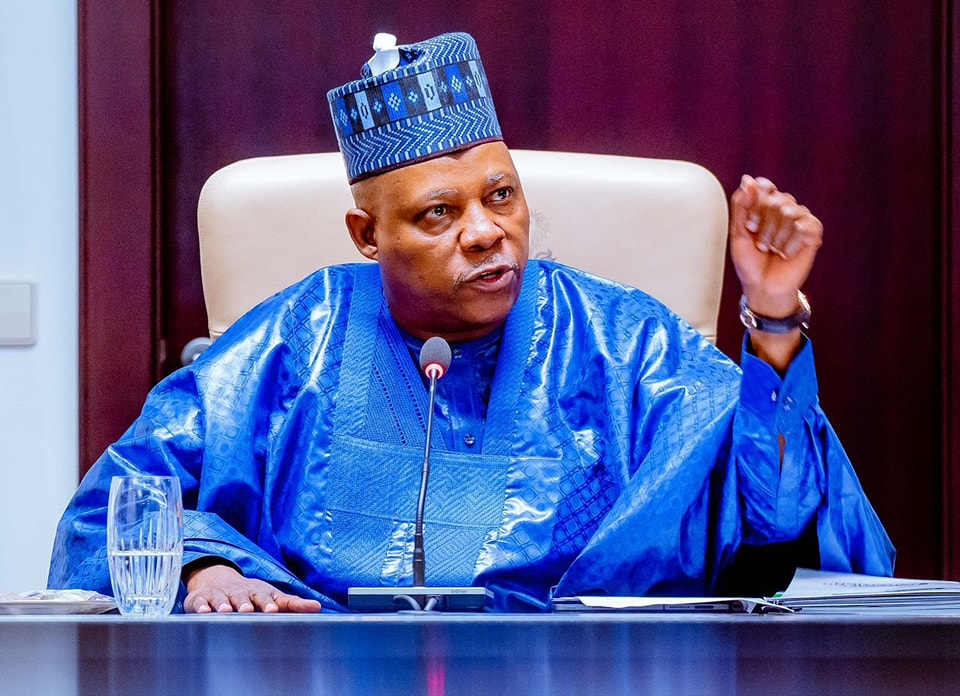The ongoing conflict between Boko Haram factions and the Islamic State West Africa Province (ISWAP) has intensified in the Lake Chad region, resulting in heavy casualties and further destabilizing an already volatile area. The clashes, driven by ideological and territorial disputes, have spilled over into Nigeria’s North West and North Central regions, exacerbating the security crisis.
Roots of the Conflict
The two factions—Jama’atu Ahlis Sunna Lidda’awati Wal-Jihad (JAS), the original Boko Haram group, and ISWAP—have long been at odds over their approaches to insurgency. ISWAP advocates for stricter governance under Islamic law, while JAS focuses on a more localized insurgency strategy.
Recent attempts to mediate the conflict, led by Bakura Doro (also known as Abu Ummaima), collapsed after ISWAP’s Shura Council rejected negotiations. This failure has fueled renewed violence, with both sides suffering significant losses.
Expanding the Battlefield
The rivalry has extended beyond the Lake Chad Basin, with both groups vying for control over smuggling routes, recruitment bases, and local support in Nigeria’s North West and North Central regions. The conflict has also drawn in local bandit factions, further complicating the security landscape.
Notably, Bakura-led Boko Haram cells in Kwarangal, Ali Mondula, and Libi Soro have deployed trained fighters to reinforce Saddiku-led camps in Niger State. These fighters, commanded by Mallam Bara, are targeting Dogo Gide, a former Boko Haram member turned bandit leader. Gide has positioned himself as a protector of local communities, intensifying clashes in areas like Madawaki and Allawa.
Boko Haram’s Resurgence
In the Lake Chad region, Boko Haram has been reclaiming ISWAP-controlled camps, raising concerns about potential attacks on military bases. The failed peace talks have left both groups weakened, but their continued rivalry poses a significant threat to regional stability.
Opportunities for Counter-Terrorism Efforts
While the infighting has weakened both Boko Haram and ISWAP, it also presents an opportunity for counter-terrorism forces to exploit their divisions. Strategic military operations could capitalize on the chaos to dismantle both groups and restore peace to the region.
A Growing Humanitarian Crisis
The escalating violence has displaced thousands of civilians, adding to the humanitarian crisis in the Lake Chad Basin and surrounding areas. Local communities are caught in the crossfire, facing threats from both extremist groups and bandit factions.
What’s Next?
As the conflict between Boko Haram and ISWAP continues to escalate, the international community and regional governments must intensify efforts to address the root causes of extremism and provide support to affected communities. The situation remains fluid, with the potential for further violence and instability.
















Got a Questions?
Find us on Socials or Contact us and we’ll get back to you as soon as possible.